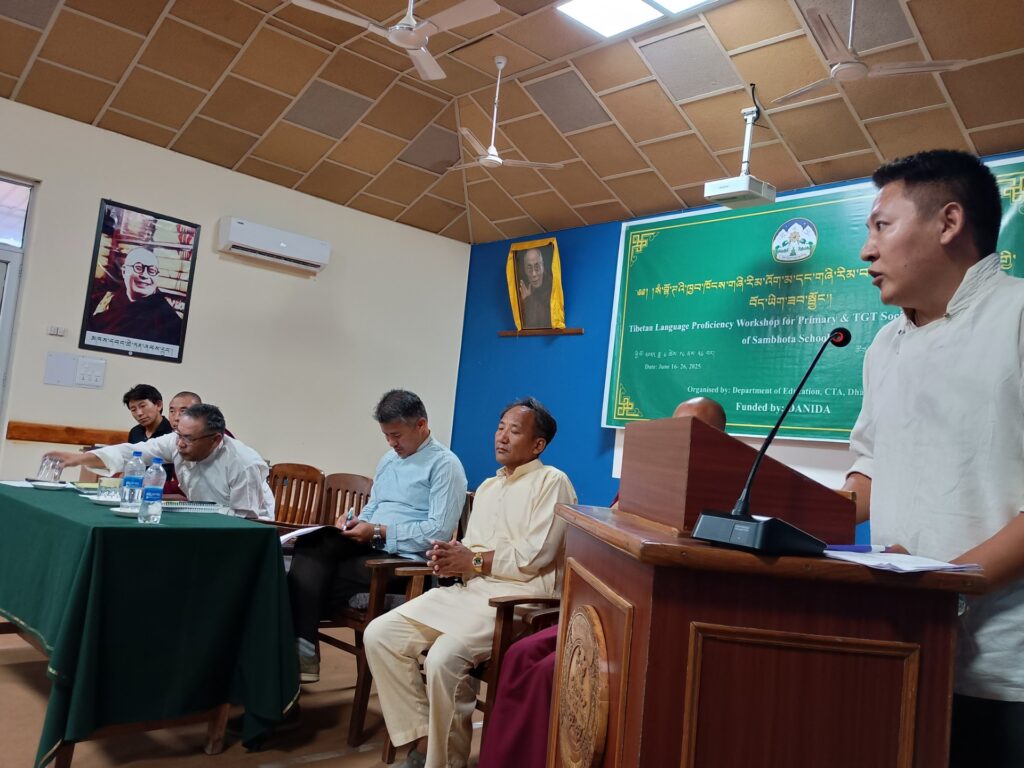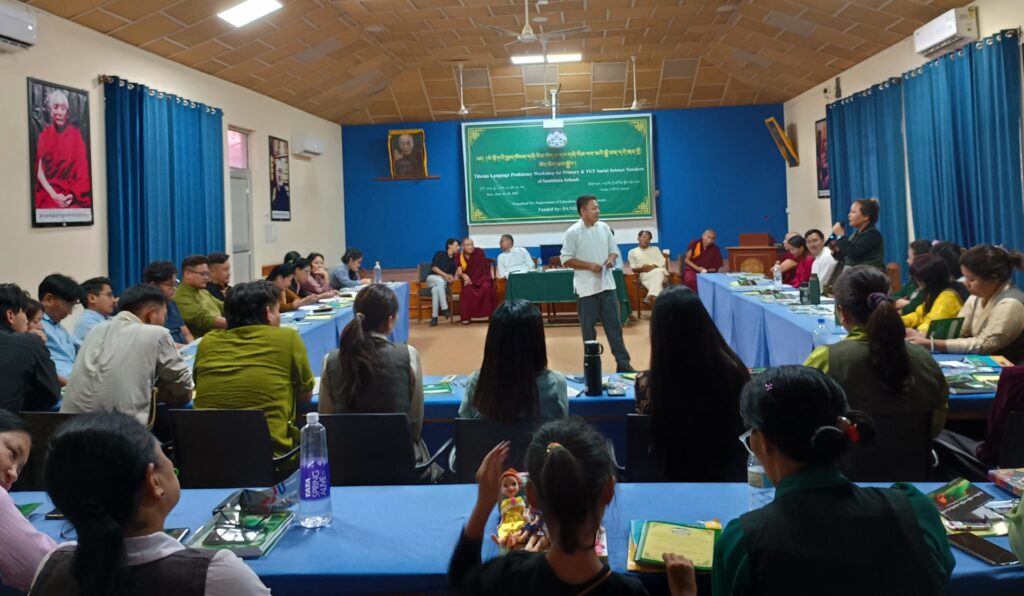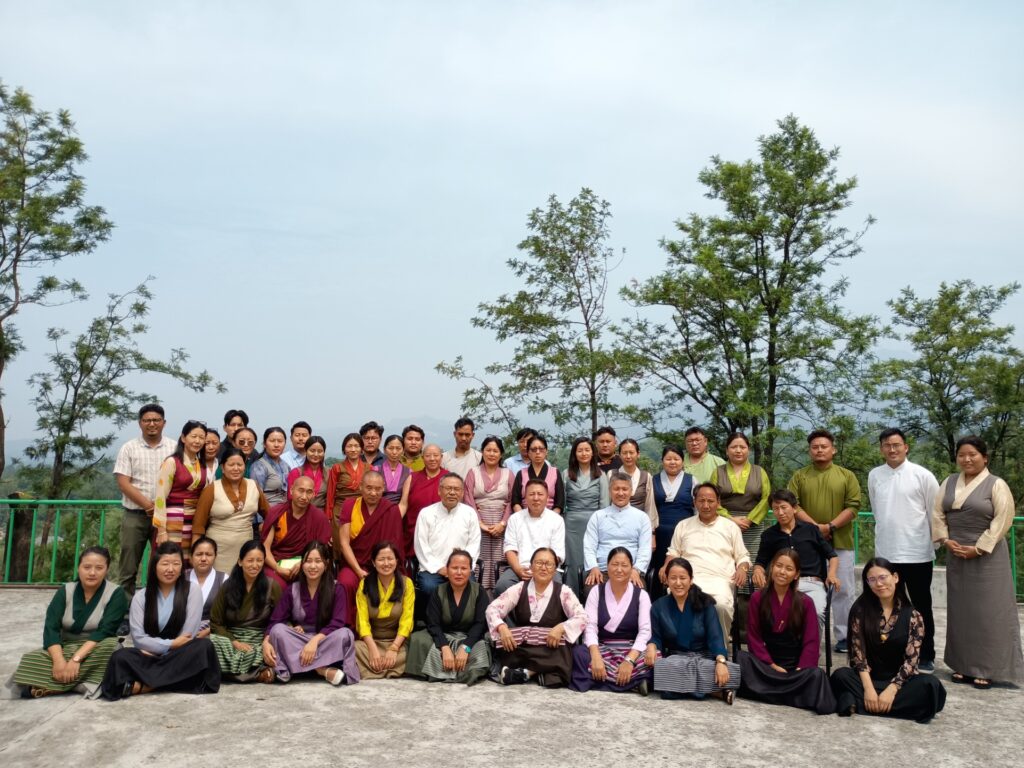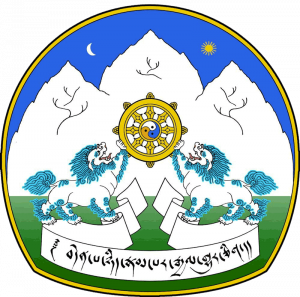
Dharamshala: The Department of Education organised a Tibetan Language Proficiency Workshop for primary and Trained Graduate Teacher (TGT) Social Science teachers of Sambhota Schools at the College for Higher Tibetan Studies (CHTS) in Sarah, held from 16 to 26 June 2025. The chief guest at the opening ceremony was Sonam Sangmo, Additional Secretary of the Department of Education, accompanied by the principal and lecturers of Sarah College.
During the ceremony, Ngodrup Tenpa, Education Officer of the Department of Education, outlined the objectives of the workshop with participant details. A total of 38 teachers from Sambhota School attended the workshop, including 23 primary school teachers and 15 secondary school social science teachers, comprising 27 female and 11 male teachers.
The ten-day workshop is designed to enhance the teaching capabilities of both groups. Primary school teachers will undergo training in the Tibetan language, while secondary school social science teachers will join during the final four days for a focused session on teaching the sixth-grade social science textbook available in Tibetan.
In his welcome address, CHTS Principal Passang Tsering extended his greetings and expressed appreciation for the strong turnout, particularly during the summer holidays. He affirmed that the workshop would proceed as scheduled and offered insightful reflections on the broader context of the Tibetan struggle. He emphasised that while public displays—such as waving the national flag and chanting slogans—are visible acts of resistance, the less visible work of educators and institutions like Sarah College is equally vital to the cause. He stressed that teachers carry a significant responsibility: beyond their academic duties, they must nurture in their students a deep love for Tibet’s unique culture and a strong sense of loyalty to their nation and people.
In her keynote address, Additional Secretary Sonam Sangmo highlighted that many subjects in Tibetan schools are taught in Tibetan up to grade five, with social science continuing to be taught in Tibetan through grades six to eight. She noted that this policy has been in place since the 1960s, inspired by His Holiness the Dalai Lama’s enduring guidance on the importance of preserving the Tibetan language. To reinforce her point, she presented a documentary video featuring His Holiness’s message on the value of education in the mother tongue.
She stated, “It is not enough to say that we should always pay attention to the Tibetan language—we must demonstrate that commitment through our actions. In our society, young people are becoming more proficient in English than in Tibetan. If this trend continues, the only language capable of conveying the profound depth of our Dharma—Tibetan—will be at risk. If the number of young people who can understand our unique spiritual teachings continues to decline, our precious culture may be lost.”
In conclusion, she emphasised that His Holiness the Dalai Lama had envisioned the use of Tibetan as the medium of instruction for various subjects since the 1960s. Although this vision could not be realised at the time due to difficult circumstances, she noted that today presents a real opportunity to make it a reality. Realising this vision, she said, is one of the most meaningful ways to honour His Holiness’s lifelong aspirations. In Tibetan schools in exile—where most students are Tibetan or Tibetan-speaking—teachers have a vital role in working actively toward this goal.
Education Officer Ngodrup Tenpa expressed his heartfelt gratitude to all attendees, including the chief guest, the principal and professors of Sarah College, and the teachers who had travelled from distant locations. He then formally concluded the opening ceremony.


